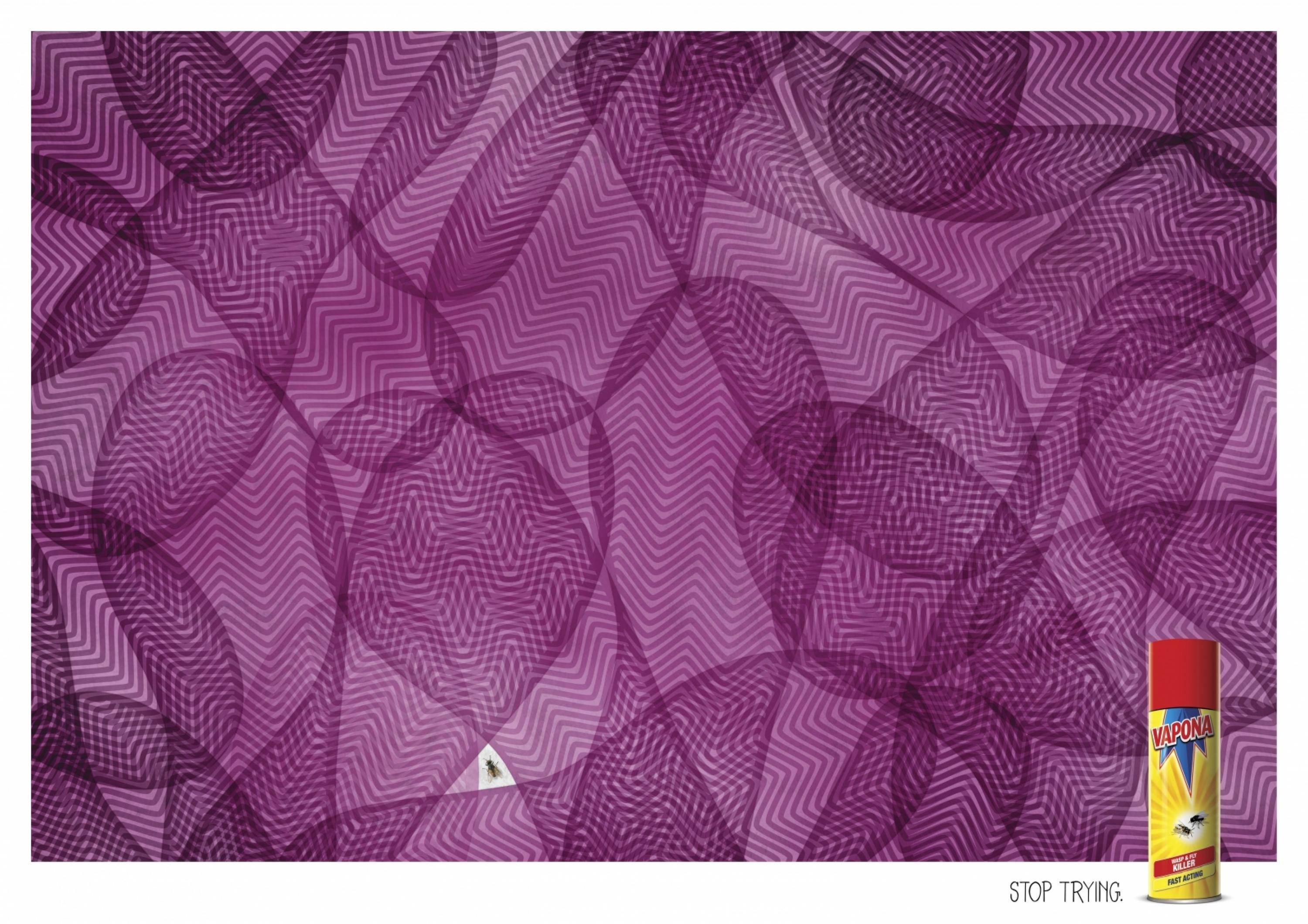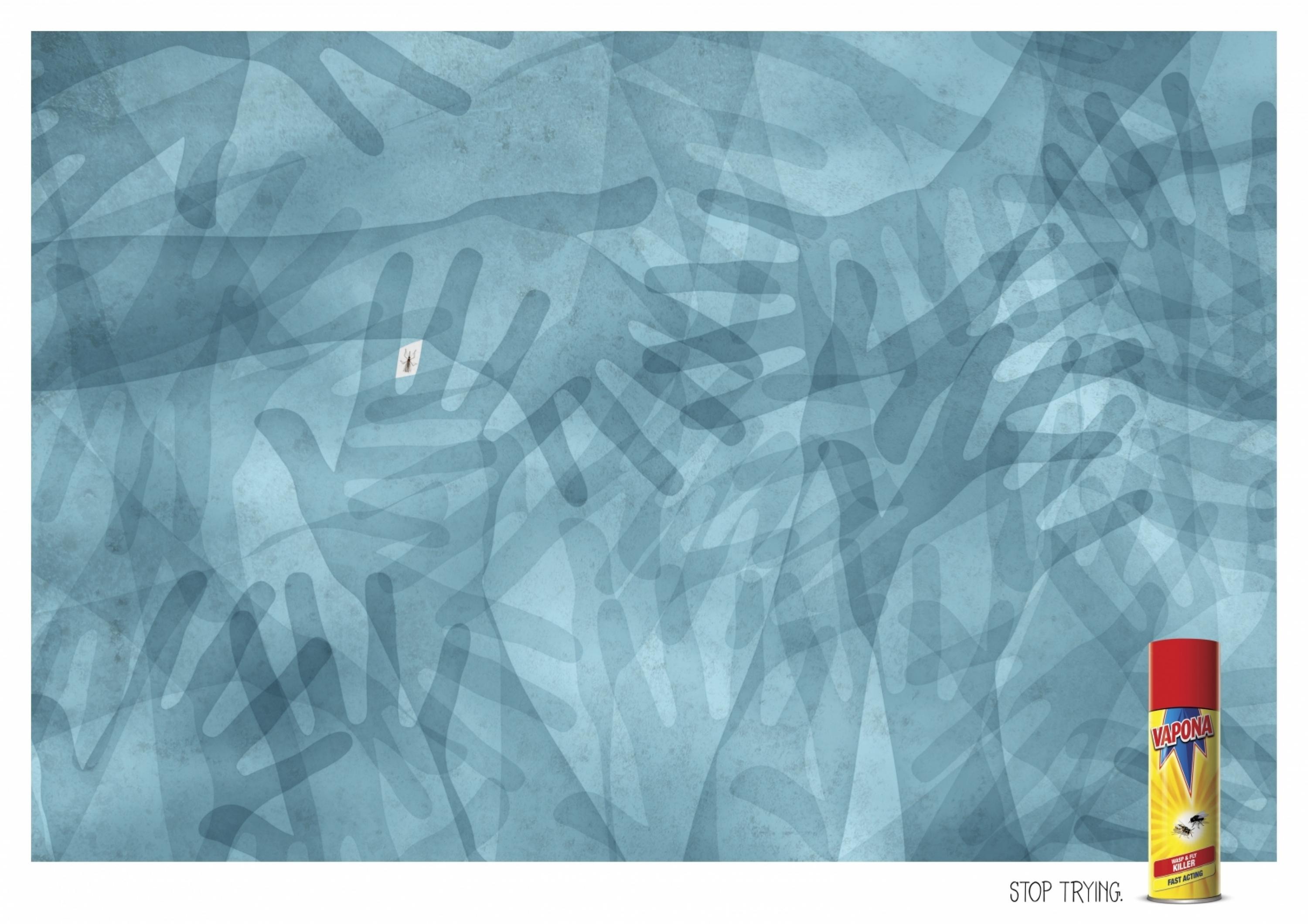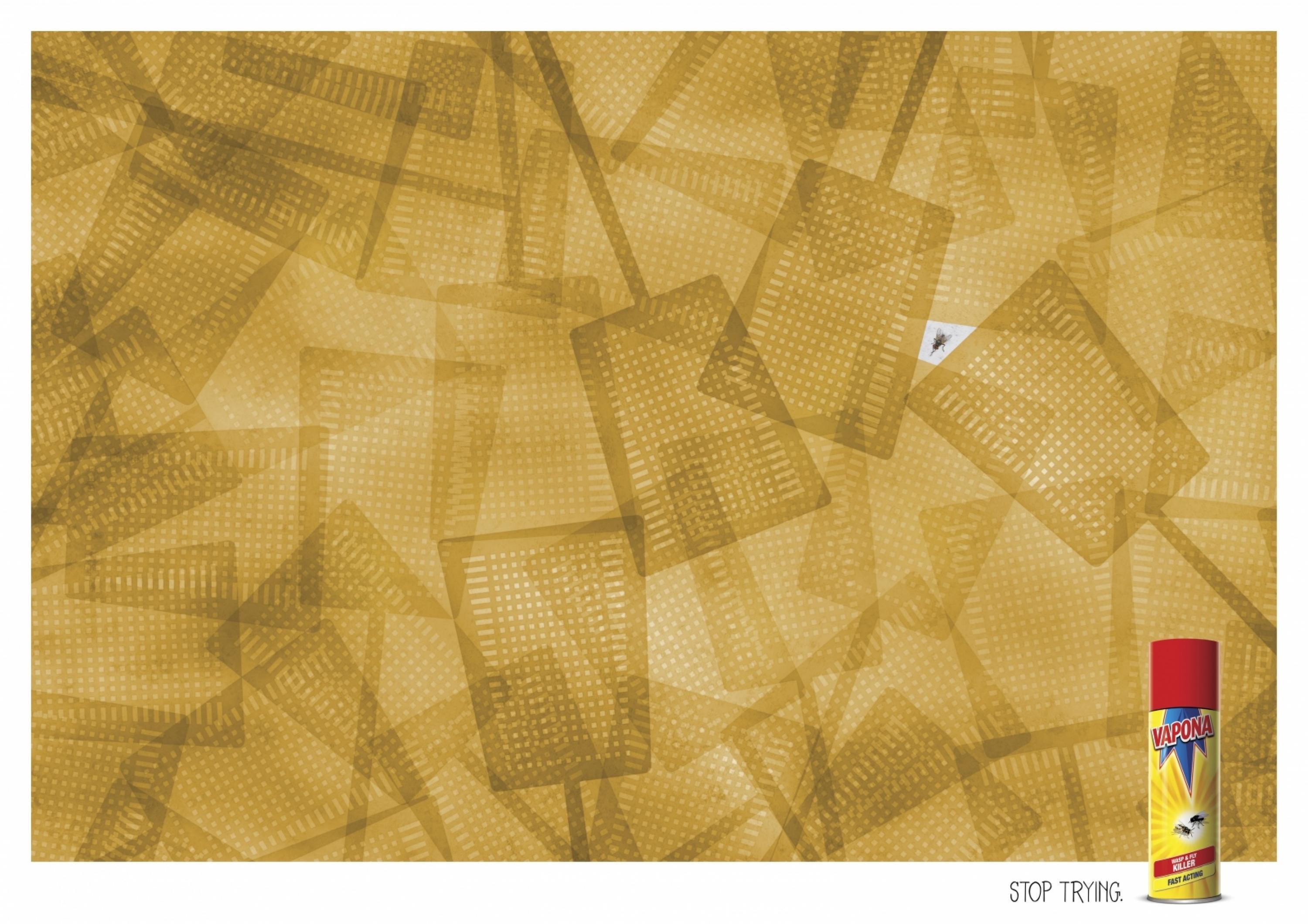Creative Data > Creative Data
MONOPOLY OF INEQUALITIES
HEREZIE, Paris / L'OBSERVATOIRE DES INEGALITES / 2022
Awards:

Overview
Credits
Overview
Why is this work relevant for Creative Data?
The game is an educational tool used in schools in the form of workshops in the aim to raise each pupil’s awareness about inequality and discrimination in France. It is based on the original game of Monopoly, but the rules have been changed to correspond to those of our society. Each rule is in line with national data about inequality and discrimination collected by the Observatoire, directly from their “Report on inequalities in France” containing data that is updated every year. Each card in the game delivers two messages: an explanation about discrimination and the current corresponding data.
Background
As in most countries, France suffers from social inequality and discrimination. But in a country with the motto “Liberté, Égalité, Fraternité”, it is regrettable to note that the situation is getting worse each year. It is the Observatoire des Inégalités’ role to quantify and qualify these issues by raising public awareness and educating people in ways to fight the problem.
Each year, the Observatoire des Inégalités gathers national data on social inequality and discrimination. Their reports are usually published in the form of books, but the format doesn’t attract a certain part of the general public and undoubtedly the most important part, i.e., the young. It was therefore necessary to come up with an idea that would appeal to this target group and in a way they would understand. We therefore chose what they enjoy doing most: playing games, entertainment and experimenting.
Describe the creative idea / data solution
The Monopoly of Inequalities is an educational tool designed by the Observatoire des Inégalités to teach children from the age of 11 about social inequality and discrimination. This teaching takes the form of a game of Monopoly, a game everybody knows well, but the rules have been changed to reflect those of our society. For example, a girl will earn less than a boy when they pass Go, disabled children won’t have access to the stations on the board, children from visible minorities won’t be able to buy property in certain areas, etc. Players don’t play their own roles in the game, so they get a better understanding of what it feels like to be in the other person’s shoes. Each rule is based on real national data gathered by the Observatoire des Inégalités.
Describe the data driven strategy
The Monopoly of Inequalities is intended for teaching staff. The principle of the game is to get children to play a game they enjoy, in the presence of an adult, while they are at school. Each game raises questions, creates debates and discussions…and empathy. The aim being to educate them without restricting them.
The project aims to have a long-term impact. The popularity and media coverage of the campaign made it possible for more and more schools to implement the game, which is also for sale on the Observatoire’s website. The rules will be updated every year with the revised national data and it will therefore be possible to highlight examples of a particular case of inequality to reflect current events.
Describe the creative use of data, or how the data enhanced the creative output
Each rule and card in the new game of Monopoly is based on real national data gathered by the Observatoire des Inégalités. To make the game, we used over one hundred pieces of current context data that were collected then turned into rules.
For example:
- Women earn less than men when they pass Go: fact – women earn on average 16.8% less than men.
- Some players start the game with assets, i.e., houses that are already on the board: fact – the richest people in France have estates worth on average 18 times more than the poorest people in the country.
- Some players are more likely to go to prison: fact – 31% of poorer defendants are sent to prison, compared with only 7% of wealthy defendants for equivalent crimes.
- etc
List the data driven results
The game was a big success in France and internationally, with more than 200 articles in the press and online, and numerous mentions on radio and TV in France and in more than 20 other countries, contributing to the campaign’s rapid virality. All the game boxes on sale on the Observatoire des Inégalités’ website sold out in the first week of the launch, leading to an unexpected product shortage and a re-edition is currently under way.
More than 5000 schools have now implemented the game and in every school, both the pupils and the teachers have praised the initiative, unanimously judging it effective and a necessary tool to help fight inequality and discrimination.
The project quickly received a lot of support from local authorities and the French government. Many teachers discussed it in the media, happy that they at last had an educational tool to tackle the subject of inequality.
More Entries from Data Storytelling in Creative Data
24 items
More Entries from HEREZIE
24 items





